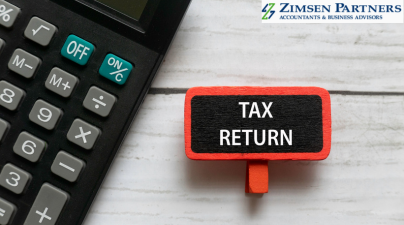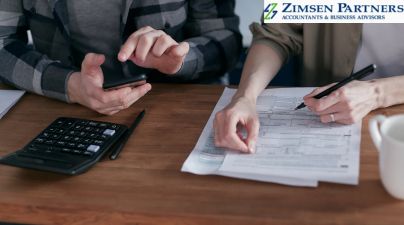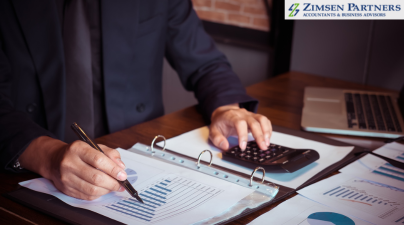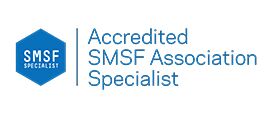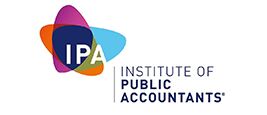3 potential benefits in owning an investment property.
- Consistent rental income
- Substantial tax benefits
- Capital growth
The main focus of this article will be to provide further detail on point two, which is to explain the numerous tax benefits of owning an investment property. Tax benefits relate to the ability to claim various deductions. Examples of the 2 major claims for rental properties are depreciation and loan interest. Examples of other deductions include property management fees, repairs, council rates etc.
Depreciation on investment properties
There are 2 types of depreciation that can be claimed on the property.
- The structural elements of a building:
- Roofs
- Windows
- Fences
- Flooring
- The mechanical or removable plant & equipment assets within the property:
- Carpets
- Hot water systems
- Air conditioners
- Blinds.
The standard depreciation rate for capital works that relate specifically to the structure of the property is set at 2.5% p.a of the construction costs, which is depreciated over a 40 year period. This differs to all other depreciable claims, which are based on rates that relate to that particular asset as set by government standards on their average effective life in years.
Some examples are listed below:
Item Effective Life (years)
Carpet 10
Blinds 10
Curtains 6
Security System 5
Exhaust Fans 10
Ceiling Fans 5
Range hoods 12
Ovens and Cook tops 12
Other deductible Items
In addition to Loan interest and depreciation, there are a few other common deductible items related to the investment property available. These include;
- Advertising for tenants
- letting fees
- cleaning expense
- management fees
- council and water rates
- land taxes
- insurance
- security costs
- Body corporate fees
- Pest control
- Cost of travelling for inspection
Negative Gearing
Listed above we have outlined majority of claims allowable as deductions.
A key question at this stage becomes;
How will this help me from a tax perspective?
Tax planning for rental properties revolves around the notion of ‘negative gearing’. This simply means that the costs of maintaining the investment property exceed the gross income of the property. That’s right! The benefit of owning a rental property from a tax perspective is when it is running at a loss.
Is maintaining an investment property at a loss a good thing?
Running your investment property at a loss may not be ideal from a cash flow perspective, but if funds are available, negative gearing has proven to be a very advantageous tax planning tool for high income earners. The reason for this is that the loss on the property offsets against your personal income, which in turn reduces your overall income tax expense payable at the end of the financial year. The two major components that will lead to negative gearing in most cases come from interest on the loan used to purchase a property and depreciation which has been covered above.
About the Author
 Sharon holds a Bachelor of Commerce, majoring in Accounting. She is sincerely proud to work for Zimsen Partners, as it is a professional work environment she believes shares the same work ethics as herself and brings the vibe of a family atmosphere. She is willing to provide the best service she can to assist clients and the team in reaching their goals.
Sharon holds a Bachelor of Commerce, majoring in Accounting. She is sincerely proud to work for Zimsen Partners, as it is a professional work environment she believes shares the same work ethics as herself and brings the vibe of a family atmosphere. She is willing to provide the best service she can to assist clients and the team in reaching their goals.

